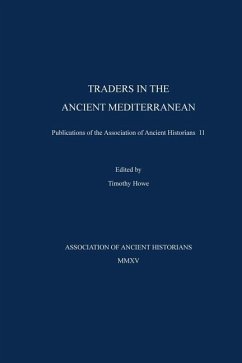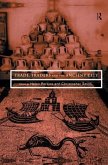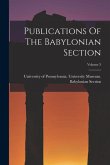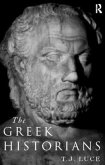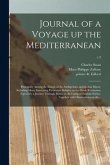Traders in the Ancient Mediterranean presents a framework on which to hang ancient Mediterranean buying, selling, and transporting of goods. In five focused chapters, each written by a field expert, Traders in the Ancient Mediterranean offers a diachronic analysis of the ancient Mediterranean trader from the Late Bronze Age (1500-1100 BCE) through the Roman Imperial period (27 BCE-400 CE). The book focuses on local traditions, embedded historical context and socio-political goals of traders as individual actors, to provide an analysis of the impact of trade on ancient Mediterranean life beyond the traditional boundaries of the economy. As a result, two main types of behavior are analyzed, inter-regional and regional. The political and social developments of the Late Bronze Age and the Hellenistic and Roman periods, characterized by the rise of large multi-regional empires such as Assyria, Babylon, New Kingdom Egypt, Seleucid Syria and Ptolemaic Egypt, facilitated increased volume and demand for long-distance, extra-mural trade. Alternatively, the regionalism of Early Iron Age communities such as the Greek, Etruscan and Phoenician city-states tended to encourage focused exchange onto smaller, local networks to such as degree that larger structures, and longer distance trade were slow to form and thrive. A conclusion that all regions share, however is that ancient Mediterranean traders maintained a general disregard for the "laws" of supply and demand. Their behavior was dominated by intense official interference (and even competition) by revenue-hungry political entities. Consequently, for the ancient trader and the consumers he (or occasionally she) serviced, the prices of movable goods were always volatile, high risk was always a factor, and the integration of markets into an ordered economy superficial and tentative.
Bitte wählen Sie Ihr Anliegen aus.
Rechnungen
Retourenschein anfordern
Bestellstatus
Storno

